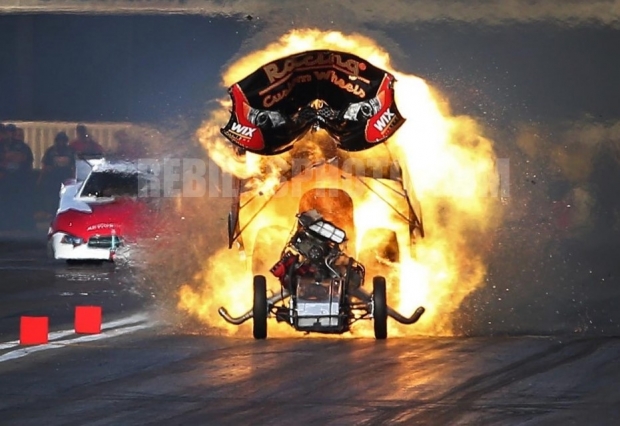In a report, the analyst outfit said that the growing popularity of autonomous vehicles is enhancing the need for an improved vehicle and occupant safety, opening up the market to advanced automotive sensor technologies.
Frost & Sullivan TechVision Research Analyst Varun Babu said the integration of sensors and actuators into automotive control systems optimises driver and passenger comfort as well as the performance of the vehicle by increasing its durability and reliability.
Promising sensor technology applications include collision warning, night vision, traffic sign recognition, adaptive cruise control, blind spot detection, lane departure warning, emergency braking, parking assistance and pedestrian detection.
"Sensor systems are also used in smart wearables to monitor driver fatigue and alertness by monitoring the driver's head position, eyelid movement, body posture, or vital signs such as heart rate or blood pressure and alcohol levels. The sensors enable the vehicle to gather information from its surroundings and help anticipate the obstacles, raising the driving experience from Level 0 to Level 5."
The report analyses some of the path-breaking emerging sensor technologies that can energise the automotive sector. The key sensing technologies covered in this research include light detection and ranging (LiDAR), image, touch, gesture recognition, inertial, pressure, micro-electromechanical system (MEMS) accelerometer, anisotropic magneto-resistive (AMR), giant magnetoresistance (GMR), and biometric sensors and gyros.
While sensor technology powers numerous products and applications, it is beset by several inherent reliability and accuracy issues. Once these issues are ironed out through further advancements, automotive participants will replace all bulky testing and diagnostic devices with sleeker products that employ miniaturised sensors.
Additionally, automotive manufacturers will be keen on comprehensive solutions that use different sensing technologies and sensor fusion. Manufacturers of autonomous vehicles will also be eager to partner with sensor manufacturers that enable functionalities such as wireless communication and 3D vision depth.
"Sensors that can measure parameters ranging from vehicle angular rate and navigation to passenger safety will revolutionise automotive applications. Already, advancements are being made in engine operation mechanisms and power control system technologies to meet emission standards. Lastly, the insistent demand for vehicles with high mileage will further stoke R&D in sensor technologies," Babu said.
Published in
News
Boom booms in sensor market
Autonomous vehicles creating spin-offs
Rising interest in autonomous vehicles creates vast growth opportunities for sensor developers, according to beancounters adding up numbers for Frost & Sullivan's TechVision team.




